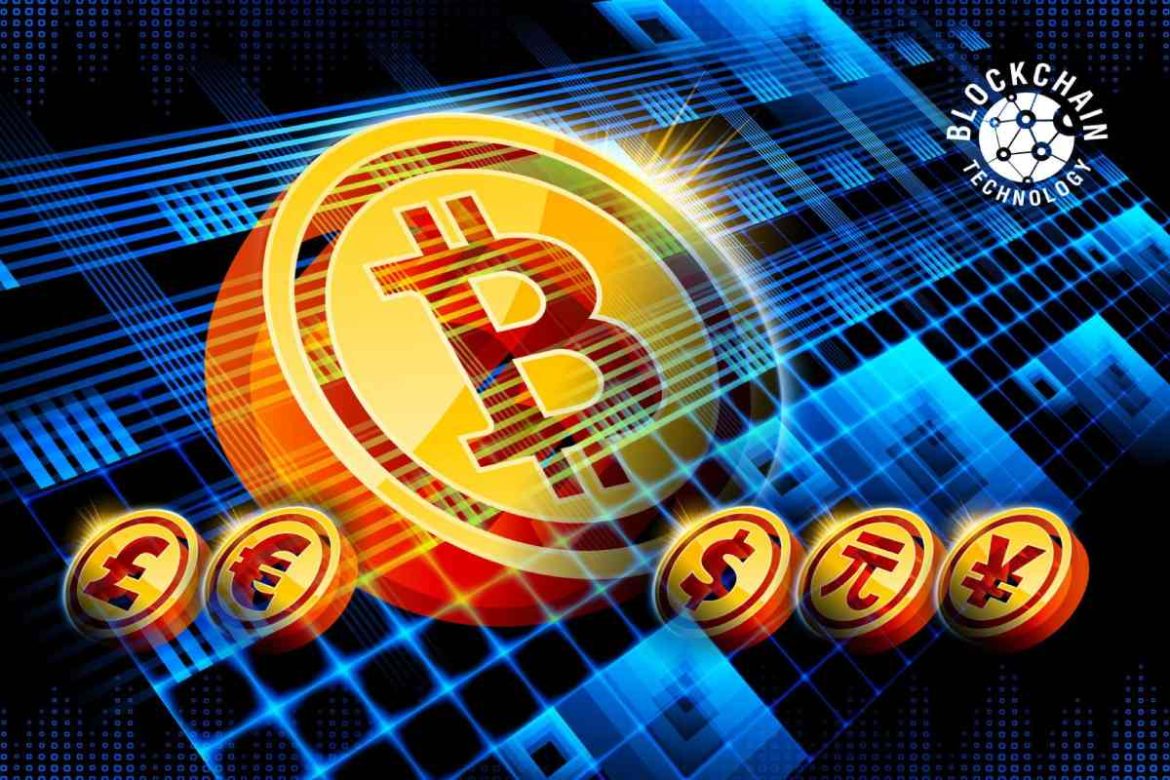The intersection of cryptocurrency and gaming has emerged as a fascinating and innovative space, creating new opportunities and experiences for both gamers and developers alike. Cryptocurrencies, such as Bitcoin, Ethereum, and others, have paved the way for a decentralized digital economy, offering benefits like security, anonymity, and ownership of virtual assets. By leveraging the advantages of cryptocurrency, the gaming industry is undergoing transformative changes, revolutionizing the way games are developed, monetized, and experienced by players.
The iGaming sector has also seen several benefits from the introduction of cryptocurrencies. Players can visit their favorite casino sites and enjoy a bunch of games, like Blackjack, by simply clicking here or there or anywhere on the site. They can enjoy the benefits of crypto by opting for them as payment methods and easily withdraw or deposit their funds.
As mentioned above, the world of crypto has brought several novelties to the world of gaming. Here are some of them:
Table of Contents
In-Game Purchases
Cryptocurrency has revolutionized in-game purchases by providing a secure and efficient payment method for players. Traditionally, gamers would use fiat currencies or credit cards to make purchases within games, which often involved cumbersome processes and transaction fees. Cryptocurrencies eliminate the need for intermediaries and streamline the purchasing experience.
By integrating cryptocurrency payment gateways into games, players can make instant and borderless transactions. This enables gamers from different parts of the world to engage in seamless transactions, regardless of their local currencies. Additionally, cryptocurrency transactions offer increased security and privacy, reducing the risk of fraud or identity theft.
Blockchain-Based Gaming Platforms
Cryptocurrency and blockchain technology have given rise to decentralized gaming platforms, where developers and players can interact directly without the need for intermediaries. This kind of technology provides a transparent and immutable ledger that records transactions and ownership of virtual assets within games. This creates a level of trust and fairness in the gaming ecosystem.
Blockchain-based gaming platforms offer several advantages. First, they provide players with true ownership of their in-game assets. These assets, represented as non-fungible tokens (NFTs), can be bought, sold, and traded securely on blockchain marketplaces. This introduces a new dimension of value and collectibility to virtual items.
Second, blockchain allows for provably fair gameplay. Smart contracts, powered by blockchain, can ensure that game mechanics and outcomes are transparent and tamper-proof. This builds trust among players, as they can verify the fairness of the games they participate in.
Decentralized Ownership and Player Empowerment
Cryptocurrency and blockchain technology empower players by decentralizing ownership of virtual assets. In traditional gaming models, players do not have true ownership of the items they acquire within games. However, with the use of cryptocurrencies and blockchain, players can gain ownership of in-game assets as NFTs.
This decentralized ownership has significant implications. Players can sell or trade their virtual assets in peer-to-peer marketplaces, allowing them to monetize their gaming achievements and investments. Moreover, players can transfer their assets across different games or platforms, promoting interoperability and player freedom.
The rise of NFTs has also led to the emergence of player-driven economies. Players can create, mint, and sell their unique digital items or artwork as NFTs, fostering creativity and entrepreneurship within the gaming community. This opens up new avenues for players to engage with games and derive value from their skills and creativity.
The Rise of Non-Fungible Tokens (NFTs)
Non-fungible tokens (NFTs) have gained significant attention in the gaming industry and have rocked the world of entertainment, fueled by cryptocurrency technology. NFTs represent unique, indivisible digital assets that can be bought, sold, and owned on the blockchain. In gaming, NFTs have transformed the concept of virtual item ownership.
NFTs provide proof of authenticity and scarcity, making them ideal for representing rare or exclusive in-game items, skins, characters, or virtual real estate. This has created a thriving market for collectibles, where players can trade another with these collectibles and sell them if they wanted to.
Conclusion
In conclusion, the integration of cryptocurrency into the gaming industry has brought about transformative changes and exciting possibilities. Cryptocurrency facilitates seamless and secure in-game transactions, eliminating barriers and reducing fees. Blockchain-based gaming platforms enable decentralized ownership, empowering players with true ownership of virtual assets and fostering player-driven economies. The rise of non-fungible tokens (NFTs) has revolutionized the concept of virtual item ownership, creating new markets for collectibles and unique digital assets. The marriage of cryptocurrency and gaming has opened up avenues for innovation, creativity, and player empowerment.


